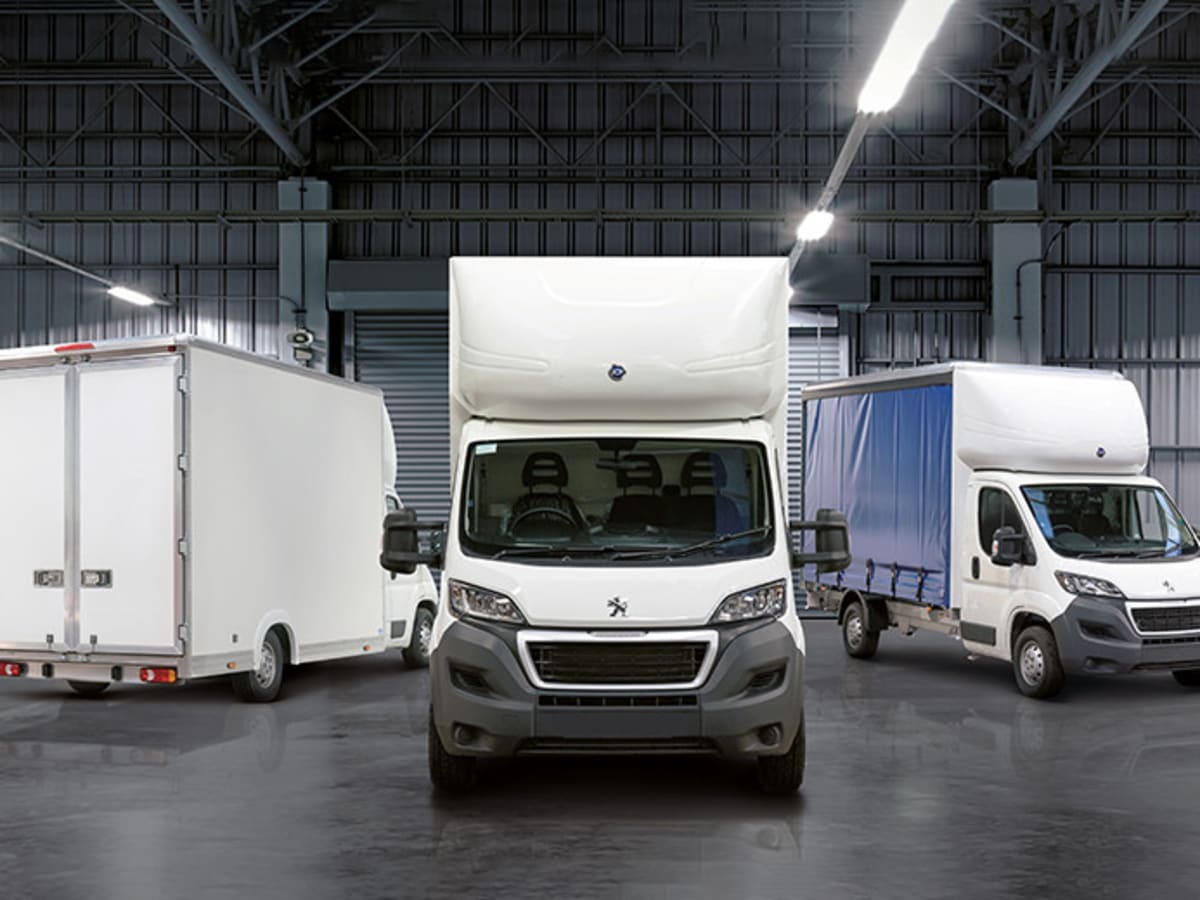In the 21st century, there are a lot of businesses that simply can’t function without the correct sort of transport.
Couriering companies rely on their vehicles to deliver a speedy, efficient, and cost-effective service, whilst builders and those in the construction industry simply can’t do without a van to taxi their goods from A to B.
They’re not the only examples; across a myriad of industries and sectors, the right motor is essential to delivering strong customer service.
But choosing, sourcing, and purchasing the perfect van can be far from simple.
There are so many options available to you, from the make and model you settle on, to the dealer or private seller that you choose to buy from.
To sort the wheat from the chaff, you have to prioritise. Finding your ideal van is a long and arduous process, and the best way to cut it down to size is by settling on some very important criteria, and only considering vehicles that tick every one of these three essential boxes.
Cost
Buying a van is often costly, especially if you’re looking for an option that’s reliable, fuel-efficient, and versatile. Although it’s an investment rather than a luxury, it still doesn’t mean that you can break the bank, and it’s important to remember that its job is to help you to earn some money, not to decimate your bank balance from day one.
Speaking about decimating your bank balance, you also need to consider https://www.a1autotransport.com/how-much-does-it-cost-to-ship-a-van/. If you’re looking at options from overseas manufacturers, the delivery fee could be pretty high, which might negate any savings you make on the purchase price. In addition, larger and heavier vans can be more expensive to ship, so this is something else that you need to factor in.
Since vans come in all shapes and sizes, you really need to do your research before you start contacting dealerships. For example, shipping a smaller van like a Volkswagen bus would cost less than shipping a full-size van or camper van internationally. This is because cargo space is more limited, and shipping costs are generally higher due to the added distance.
To avoid any nasty surprises, agree on a price with the seller before you commit to buying, and make sure that shipping costs are included in this figure.
Of course, the fuel efficiency of your new van is also going to play a role in its overall cost. If you’re regularly driving long distances or have to contend with a lot of stop-start traffic, then opting for a diesel engine is probably going to be your best bet. However, if you’re only using your van for short journeys or light tasks, a petrol engine might suit you just fine.
Finally, you need to consider how much wear and tear your new van will likely encounter. If you’re regularly carrying heavy loads or traveling over rough terrain, you will need something built to last. This will cost you more upfront, but it could save you a lot of money in the long run.
Before considering anything else, take the time to establish how much you can afford to spend and rule out options that exceed your budget.
Size
Cost is something that you can’t compromise on, but so is size. Your van will have an important role to play in your business, so it’s essential that it can perform everything that you ask of it.
One of the main reasons that people choose a van over other vehicles is because of their transportation capacity, so you need to know that you can fit everything you’ll need in the back.
For some, such as small businesses offering local deliveries, this will mean that a pint-sized, economical option is perfectly fine for your needs. However, for many, it will mean that a larger model is essential.
If in doubt, you should always go bigger, as it’s far better to have a bit of extra space in the back than it is to have to upgrade further down the line.
Makes and Models
Once you have an idea of your budget and the size of the van that you’ll require, you should start looking at makes and models that fit your criteria.
Research them as carefully as you can, assessing each of your potential vehicles based on their reliability, versatility, and fuel-efficiency.
If you find that any of them score poorly in these regards, discount them immediately, and only consider the options that make your all-important shortlist.



